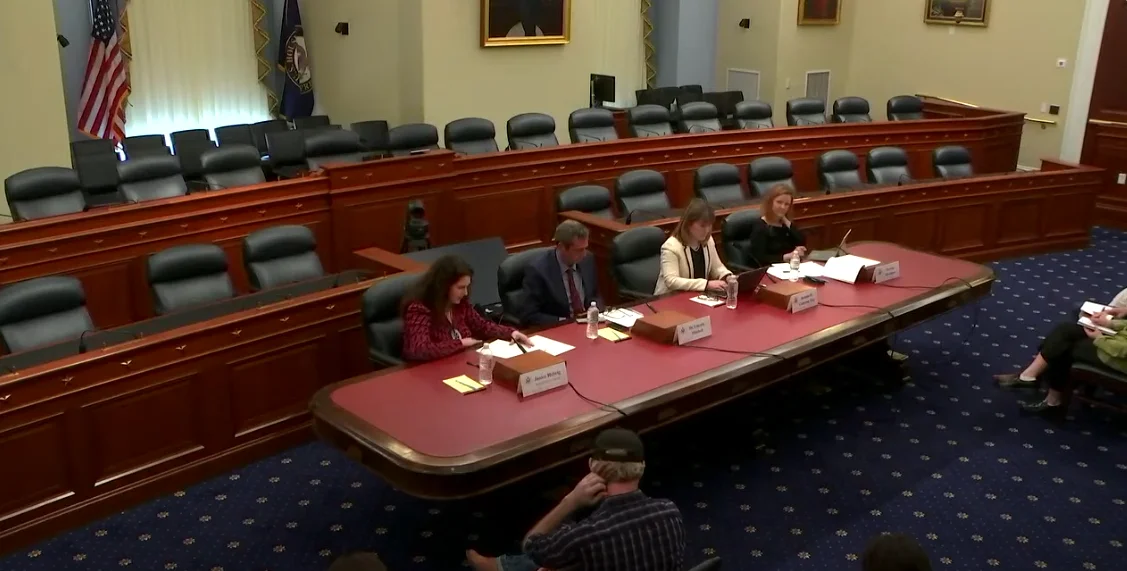On June 20, the U.S. Helsinki Commission held a briefing on “The Proliferation of Russian-Style Foreign Agents Laws,” where experts discussed the emergence of similar laws in Georgia, Hungary, Slovakia, and Kyrgyzstan.
Political analyst Lincoln Mitchell led the discussion on Georgia, emphasizing the importance of Georgian civil society organizations (CSOs). He noted that over Georgia’s 30+ years of independence, NGOs have played a crucial role in government accountability. Mitchell argued that the transparency of Georgian CSOs, which publicly disclose their funding, undermines the justification for restrictive laws.
Mitchell explored possible reasons behind the Georgian Dream (GD) government’s decision to adopt the controversial law despite protests and international criticism. He suggested the motivations could include pressure from Moscow, the upcoming October elections, or a shift away from EU aspirations.
“This law is beneficial for Russia, detrimental to Georgia’s democratic trajectory, its Western aspirations, and the United States,” Mitchell stated. He expressed confusion over GD’s actions, noting their strong election prospects before the law’s passage.
Mitchell also discussed the upcoming Parliamentary elections in October, saying that before the law was reintroduced, there was a widespread sentiment that the Georgian Dream would win the polls. But he questioned, “Why would you prepare or lay the foundation for stealing elections that you were going to win anyway?” He highlighted the electoral divide in Georgia, with GD support coming from older, poorer, and non-English-speaking segments, who are influenced by anti-Western and anti-LGBTQ narratives.
During the Q&A session, experts contrasted Georgian civil society’s active protests against the law with the subdued reactions in Kyrgyzstan, Hungary, and Slovakia. They attributed this to Georgia’s stronger civil society, independent media, and higher English proficiency.
Mitchell addressed the potential effectiveness of U.S. sanctions, suggesting that while sanctions on GD officials could be impactful, those targeting billionaire Bidzina Ivanishvili might be less effective due to his wealth. He noted that sanctions should not harm the population. He also stressed the need for U.S. foreign policy to support free and fair elections in Georgia.
Also read:
